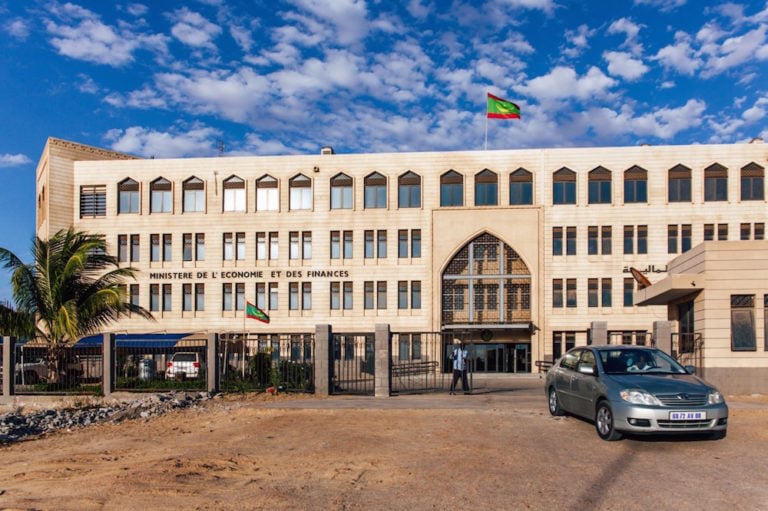(MISA/IFEX) – The following is a joint MISA and Media Foundation for West Africa (MFWA) alert: On 5 April 2004, State Prosecutor Mohamed Elghaith Ould Oumar took statements from Moussa Diop, editor-in-chief of “L’Eveil Hebdo”, Oumar El Moctar, managing editor of “l’Authentique”, Yedally Fall, managing editor of “Le Journal du Jeudi”, and Abdel Vettah, managing […]
(MISA/IFEX) – The following is a joint MISA and Media Foundation for West Africa (MFWA) alert:
On 5 April 2004, State Prosecutor Mohamed Elghaith Ould Oumar took statements from Moussa Diop, editor-in-chief of “L’Eveil Hebdo”, Oumar El Moctar, managing editor of “l’Authentique”, Yedally Fall, managing editor of “Le Journal du Jeudi”, and Abdel Vettah, managing editor of “All Moujatama”.
The four journalists were brought before the state prosecutor on 31 March, and again on 1 April, after a libel charge was laid against them by Bodiel Ould Houmeid, a leading member of the ruling Socialist Democratic Republican Party (PRDS) and a close friend of President Maaouiya Ould Sid’Ahmed Taya.
The journalists had published articles alleging that between January 2002 and July 2003, when Ould Houmeid was finance minister, he signed a contract for the sale of an oil refinery in Nadibou, Mauritania’s economic capital. The oil refinery was considered to have been sold at a price far below its true value and Ould Houmeid was accused of receiving kickbacks.
After three hours of proceedings, the journalists’ legal adviser, Brahim Ould Ebetty, reached an out-of-court settlement with Ould Houmeid’s lawyer, Malainine Ould Khalife.
In a controversial move, Ould Khalife, who is also alleged to be associated with the ruling PRDS party, was declared president of the Bar Association in July 2002, after elections which are widely believed to have been manipulated by the government.
The journalists have agreed to publicly state that they had no proof that Ould Houmeid fraudulently received a commission for signing the contract.
However, according to MFWA-Mauritania sources, the decision to discontinue the case has likely averted some “embarrassing revelations” that may have implicated senior officials. In addition to initiating legal action against the journalists, Ould Houmeid wrote a rejoinder in which he claimed he signed the contract because his signature was required and he had no idea of the refinery’s value. He also insinuated that, “Everyone knows those who want to sell Mauritania.”
**MISA and MFWA as a joint activity, will henceforth issue alerts, statements and appeals to highlight media freedom and wider human rights violations in West Africa. See www.misa.org and www.mediafoundationwa.org for more information**


